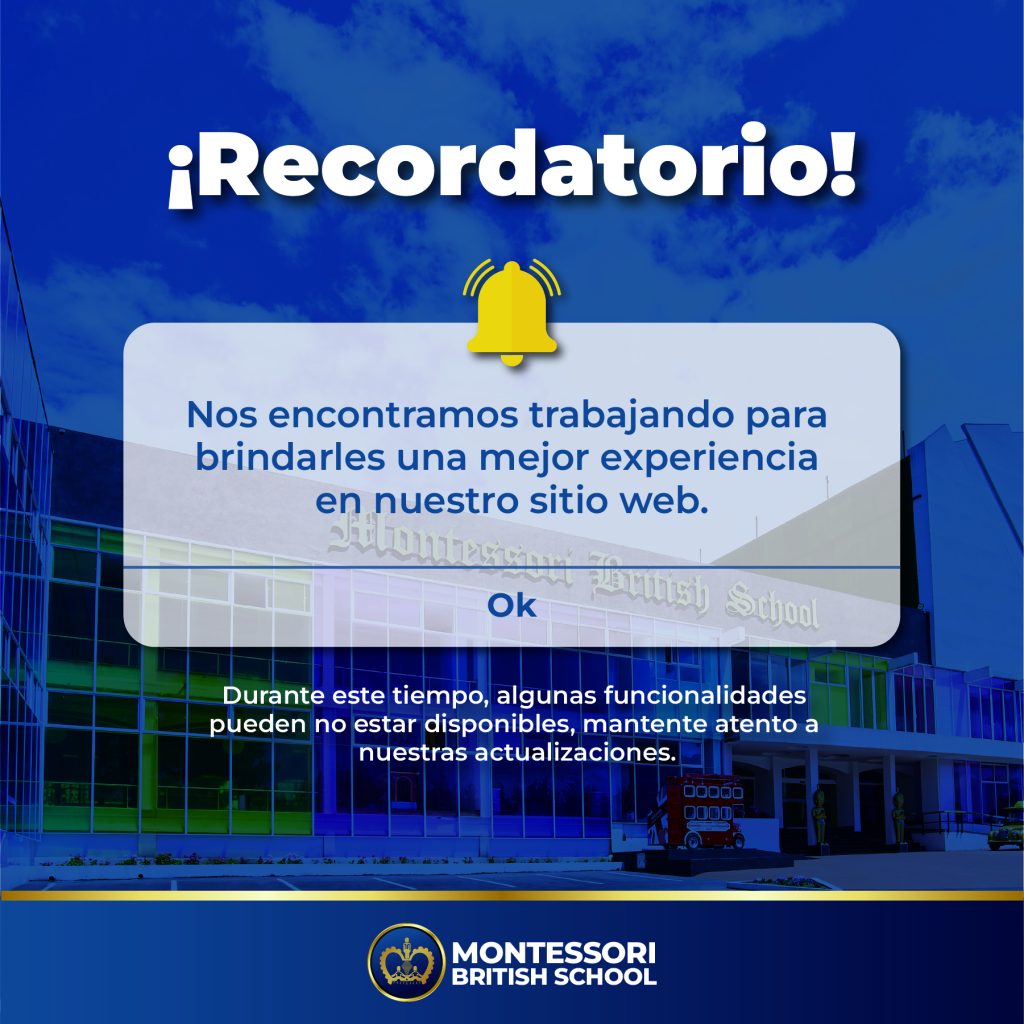
The subject of money is often controversial because, even though as parents we want our children to "have it", through many of our everyday expressions we send the wrong message. Proof of this are phrases like: "That's business" or "The only thing that matters to them is money", uttered daily by many parents, without much idea of their implications. We consulted with Claudia Díaz, Montessori British School principal and pioneer in financial education in schools, it being so that the language of money is taught at the school. Dr. Díaz explained to us:
“Using these phrases propitiates a dichotomy, since the child is being taught that money is bad and that whoever owns it does not have a genuine interest in others. Even the very parents who make these kinds of judgments are often the ones most interested in their children’s earning money. This has consequences for the very young, as it has been proven that, once grown-up, many unconsciously sabotage their economic progress by associating it with something “bad”.”
At the Montessori British School, we teach the language of money based on the existence of two types of currency: that of love and that of scarcity. The former involves the money earned by pursuing our ideals—offering a product or service that brings forth well-being and for which money is “fuel”—, and its purpose is greater than ourselves and positively influences the world. We teach this through biographies, such as that of Walt Disney—who achieved the world’s amusement by making money—; simulations of physical bank notes that bring the idea of money to life, and playful activities. The latter is understood by students as a currency "that does not fulfill" and, therefore, does not provide happiness. lenguaje del dinero basados en la existencia de dos tipos de moneda: la del amor y la de la escasez. En la primera está el dinero que se gana persiguiendo nuestros ideales —ofreciendo un producto o servicio que traiga bienestar y para el que el dinero es “gasolina”—, cuyo fin es más grande que nosotros mismos e influye de manera positiva en el mundo. Enseñamos esto por medio de biografías como la de Walt Disney, quien quería divertir al mundo y lo consiguió haciendo dinero; con simulaciones de billetes físicos que le den vida a este dinero, y a través de actividades lúdicas. El dinero de la escasez, los estudiantes lo entienden como un dinero “que no llena” y, por lo tanto, no da felicidad.
“Money is a good servant, but a bad master:” from a very young age, our school’s children pronounce this phrase. It is amazing how they understand that money is good to "serve": to help us do something we want, be it traveling or studying. However, it becomes bad when it begins to rule our lives and becomes the motivation of our actions. At the Montessori British School, we have a very important activity called the Emotions Fair: in it, students make products at a minimum cost, and "buyers" can give an emotion to other people in return. At the fair, there are very original products, given our students’ impressive creativity.
Money embodies a magnetic energy for the students of this prestigious school. Because of this, they learn how to attract it through the accomplishment of their dreams and ideals in a world of abundance that they discover through an education based on honesty, perseverance, and gratitude.



